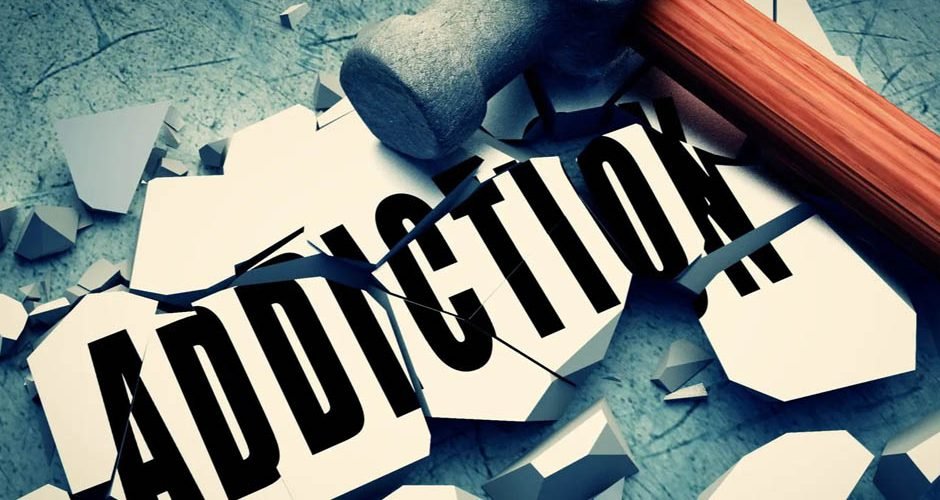Recovery from alcohol addiction is a challenging yet rewarding journey that requires a strong commitment to change. Developing effective coping strategies is crucial for maintaining sobriety and building a healthy, fulfilling life. This article explores various coping strategies that individuals recovering from alcohol addiction can use to support their recovery process.
Table of Contents
Understanding Triggers and Stressors
Identify Triggers
The first step in effective coping is to identify specific triggers that lead to alcohol cravings. These triggers can be emotional, such as feeling stressed or lonely, or situational, like attending a social event where alcohol is present. Recognizing these triggers allows individuals to develop strategies to manage them without turning to alcohol.
Manage Stress
Stress is a common trigger for relapse. Managing stress through healthy techniques such as exercise, meditation, and hobbies can reduce the urge to cope through alcohol. Techniques like deep breathing exercises and mindfulness can also help calm the mind and reduce anxiety.
Building a Support Network
Seek Support Groups
Support groups like Alcoholics Anonymous (AA) or SMART Recovery provide a community of individuals who understand the challenges of recovery and offer mutual support. These groups offer a platform for sharing experiences and learning from others who are facing similar struggles.
Lean on Family and Friends
Inform close family and friends about your commitment to recovery and how they can support you. This might involve asking them to refrain from drinking around you or supporting you during difficult times. Having a supportive social network is invaluable in maintaining long-term sobriety.
Developing Healthy Habits
Establish a Routine
Creating and sticking to a routine can provide structure and stability, which are crucial during recovery. Include regular meal times, exercise, work, and periods of relaxation in your daily schedule. A consistent routine reduces downtime that could lead to boredom and relapse.
Prioritize Physical Health
Physical health significantly impacts mental health. Engage in regular physical activity, eat a balanced diet, and ensure adequate sleep to improve overall well-being. Exercise, in particular, is an excellent stress reliever and can boost your mood naturally.
Embracing New Activities
Discover New Interests
Finding new hobbies or revisiting old interests that do not involve alcohol can fill the void left by giving up drinking. Whether it’s sports, arts, music, reading, or learning a new skill, engaging in fulfilling activities can provide a sense of accomplishment and joy that supports recovery.
Volunteer
Volunteering can offer a sense of purpose and community connection. Helping others can also improve self-esteem and provide perspective, reinforcing the personal benefits of staying sober.
Practicing Mindfulness and Reflection
Keep a Journal
Writing in a journal can be a therapeutic way to process feelings and reflect on personal growth during recovery. It can also help identify patterns in thoughts and behaviors that could lead to relapse, allowing for proactive management of these risks.
Practice Mindfulness
Mindfulness involves staying present and fully engaging with the current moment without judgment. It can help manage cravings and reduce the stress and anxiety that might lead to relapse. Techniques include meditation, guided imagery, and yoga.
Setting Realistic Goals
Short-Term Goals
Set achievable, short-term goals that provide quick wins and help build confidence. These could be related to your recovery, such as attending a certain number of support meetings or going a month without drinking.
Long-Term Goals
Develop long-term goals that focus on what you want to achieve beyond recovery. These might include career objectives, educational aspirations, or personal development goals. Working towards these can provide motivation and a sense of direction.
Conclusion
Coping strategies are essential tools in the journey of recovery from alcohol addiction. By understanding and managing triggers, building a supportive network, developing healthy habits, embracing new activities, practicing mindfulness, and setting realistic goals, individuals can strengthen their ability to maintain sobriety. Each strategy offers a way to handle the challenges of recovery positively and proactively, paving the way for a healthy and rewarding life. Remember, recovery is a personal journey, and what works for one person may not work for another. Therefore, it’s important to develop a personalized recovery plan that addresses individual needs and challenges.





